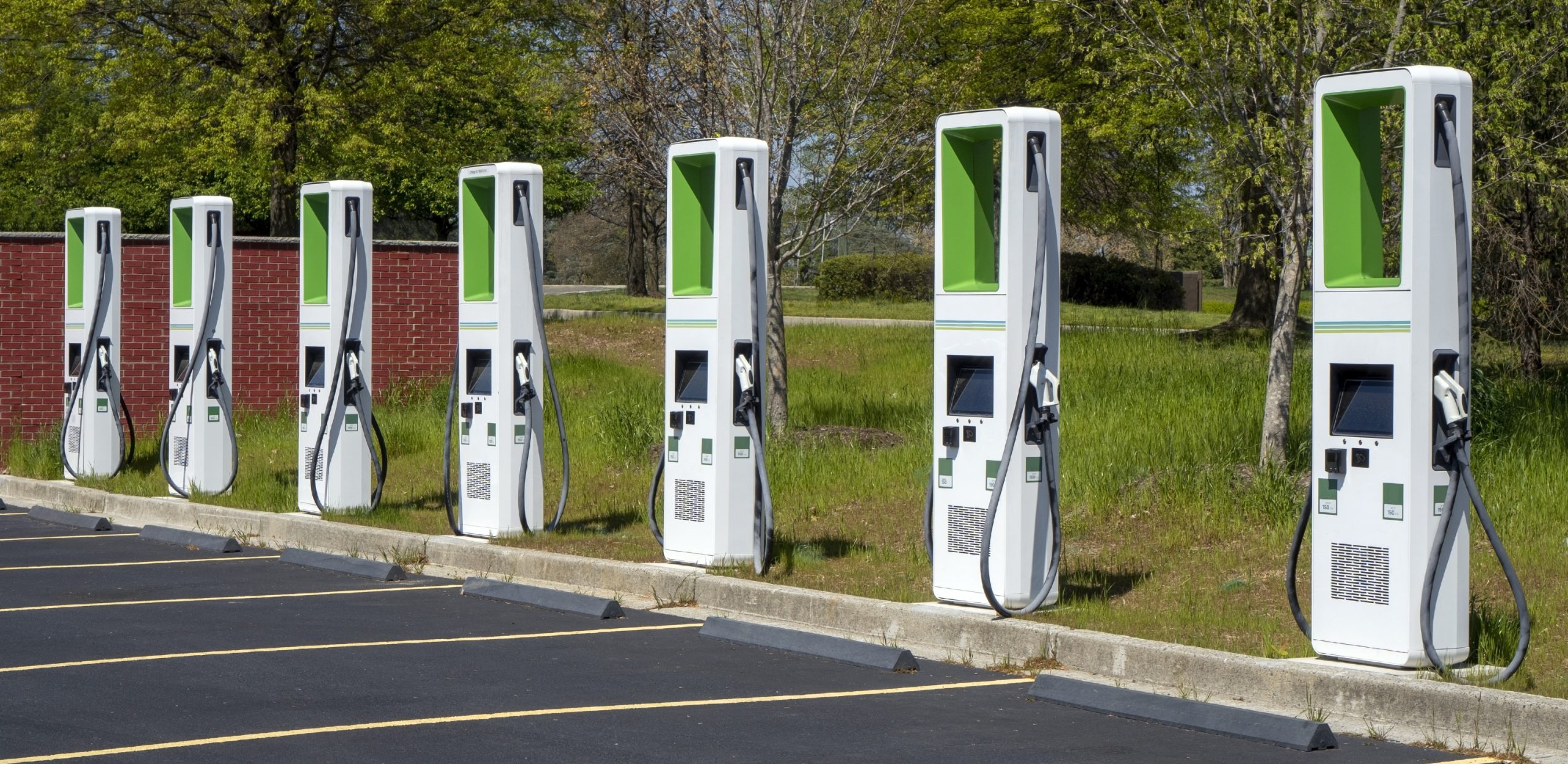This Thursday, the San Francisco Planning Commission will consider an ordinance that would amend the Planning Code to address electric vehicle (“EV”) charging uses. The Planning Code does not contemplate EV charging currently—leaving operators to work with the Planning Department on a case-by-case basis to determine the permissibility and approval path for any new EV charging site.
As summarized in the Planning Commission Staff Report, 2022-000549PCA (“Staff Report”), for the legislation, the City’s climate action targets include the following transportation goals:
- By 2030, 80% of trips taken by low-carbon modes such as walking, biking, transit, and shared EVs.
- By 2030, increase vehicle electrification to at least 25% of all registered private vehicles, and, by 2040, to 100% of all such vehicles.
The International Council on Clean Transportation (ICCT) predicts that in order to serve the 170,000 light duty EVs predicted to be registered in San Francisco by 2030, “the number of publicly accessible charging stations in San Francisco needs to increase from about 800 in 2019 to 2,000 by 2025, and over 5,000 by 2030.” (See Staff Report.) The proposed ordinance aims to create a regulatory framework to guide the slew of EV charging projects that the City expects to see over the next several years in response to that demand.
As currently drafted, the legislation would create two new Planning Code use categories, both under the umbrella of “Automotive Use.” The new “Electric Vehicle Charging Location” use would cover public-facing charging locations and “Fleet Charging” would cover EV charging facilities that are dedicated to a private entity and not available to the general public.
For reference, the proposed amended definition of an Automotive Use would read as follows:
A Commercial Use category that includes Automotive Repair, Ambulance Services, Automobile Sale or Rental, Automotive Service Station, Automotive Wash, Electric Vehicle Charging Location, Fleet Charging, Gas Station, Parcel Delivery Service, Private Parking Garage, Private Parking Lot, Public Parking Garage, Public Parking Lot, Vehicle Storage Garage, Vehicle Storage Lot, and Motor Vehicle Tow Service. All Automotive Uses that have Vehicular Use Areas defined in this Section of the Code shall meet the screening requirements for vehicular use areas in Section 142.
If the legislation is enacted as drafted, Fleet Charging uses would require Conditional Use Authorization in most zoning districts except for in PDR-1-D, PDR-1-G, and PDR-2 districts. Fleet Charging would be prohibited in the Neighborhood Commercial Districts. Electric Vehicle Charging Locations would be more widely permitted, and would be principally permitted in most districts where the existing use is already some type of Automotive Use. Such conversions from an existing Automotive Use to an Electric Vehicle Charging Location would also be exempt from the Section 311 building permit review and noticing requirements—meaning those projects would not be subject to the City’s often costly and time-consuming discretionary review process.
While most Fleet Charging projects will require Conditional Use approval under the new rules, the legislation does allow some limited Fleet Charging as an accessory use to public charging, with Fleet Charging limited to a maximum of 1/3 of the total charging stations.
Planning Staff has recommended the following two changes to the legislation:
- Require Conditional Use Authorization in all C-3 Districts for Electric Vehicle Charging Locations and change the code to make Gas Stations a Conditional Use in the two C-3 districts where they are currently principally permitted.
- Exempt the conversion of existing automotive uses to EV Charging from Section 142 Screening requirements.
After the Planning Commission hears the legislation on Thursday, it will then go to the Land Use and Transportation Committee before being heard by the full Board of Supervisors. You can track the ordinance’s progress here.
Authored by Reuben, Junius & Rose, LLP Attorney Chloe Angelis.
The issues discussed in this update are not intended to be legal advice and no attorney-client relationship is established with the recipient. Readers should consult with legal counsel before relying on any of the information contained herein. Reuben, Junius & Rose, LLP is a full service real estate law firm. We specialize in land use, development and entitlement law. We also provide a wide range of transactional services, including leasing, acquisitions and sales, formation of limited liability companies and other entities, lending/workout assistance, subdivision and condominium work.


